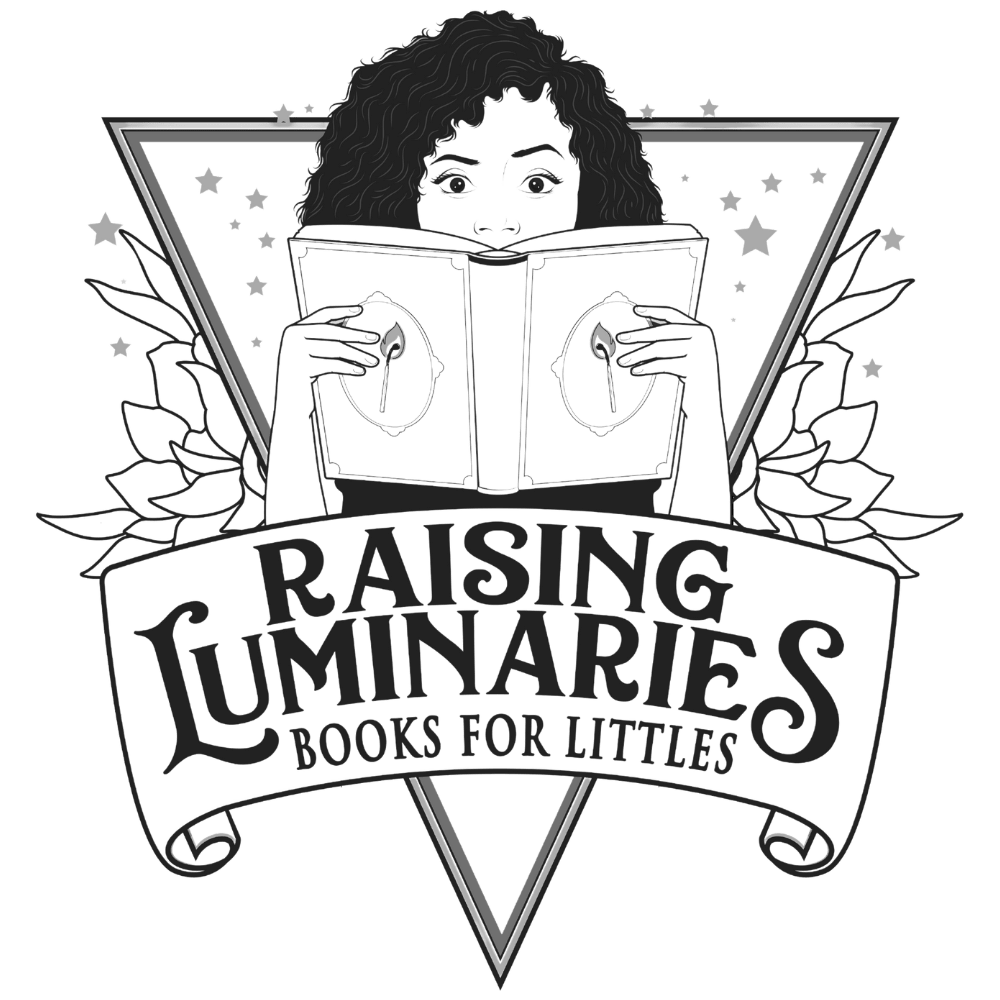Posts may contain affiliate links, which allow me to earn a commission at no extra cost to you. If you’re into supporting libraries (please do!) more than consumerism, you can support Raising Luminaries directly. Check out the full affiliate disclosure along with my statement of accountability on how I try to support my family without exploiting our community.
Fred Korematsu Day
The year I was born, two white dudes beat Kevin Chin (a Chinese man) to death, because they mistook him for a Japanese man who was gonna steal their jobs. Chin’s family never got justice for his murder.
How do actions like this ripple throughout the Asian community, and teach us that we must always be on guard for scapegoating, seen as perpetual foreigners, and disposable in the eyes of the US justice system?
Anti-Asian racism and xenophobia continues to this day. Both in the smaller, subtle ways that I’ve learned to shrug off growing up, and the systemic discrimination in our media and corporate practices. Not even getting into the horrifying violence we’ve seen against Asian Americans through this pandemic.
For many of you who aren’t Asian, it’s been easy to shrug off the generational trauma and modern fear that still haunts Japanese Americans from being imprisoned for being Japanese American in their own home country, even as we continue to target and torture immigrants in the US.
And as always – it’d be super cool if we could balance out every book about us as the quiet victim/nerd/mystical Asian, with stories showing us as agents of our own story, beyond our role as the other. So pick up a couple more books of our heroism & history this month, too.
When is it?
- Annually on January 30th
Read:
- Thank You Very Mochi (ages 4-8)
- Fish for Jimmy (ages 6-9)
- They Called Us Enemy (ages 11+)
Watch
- 3 Generations of Japanese American History
- Kids meet a survivor of Japanese American Internment
- Why was the kid surprised to hear that they would have been put in camps too?
- Why did the US not put Italian & German Americans in camps?
- What did he mean ‘it’s happening now?’
- Revisit US policies and impact of separating migrant families & internment camps
- Discuss China’s current imprisonment of Uyghur Muslims
- Yuri Kochiyama
- How did the US use D-day (12/7) as an excuse to clear Japanese people off fertile land?
Discuss
We’re a multiracial family and I’m Chinese American. When 45, a vehemently anti-Chinese President was elected, and again three years later at the start of the Covid-19 pandemic, we had to have some frank discussions, brainstorm escape plans, and applied for passports in case we had to flee. It was scary, expensive, time-consuming – and we had to wrestle with how much we told the kids so they could be prepared, without creating unnecessary anxiety. Could some of us pass enough to stay? Would be be able to stay together?
It’d be nice if families who never have to worry about that sort of thing took some time to discuss and acknowledge how scapegoating immigrants and Black and brown Americans affects citizens in the US.
- What tensions exist between our home government and our family’s country of origin?
- How does this impact our safety and risk at home?
- How does our risk level change depending on who holds power in our country?
- If our family has never been targeted as a scapegoat in US history, what obstacles do we not have to watch out for? what privileges and opportunities does this create for us?
Take Action
- Adults & teens: Take a free training to stop anti-Asian American & xenophobic harassment with Hollaback. Trainings are available for non-Asian allies and accomplices, as well as Asian folks experiencing harassment.
More Resources:
- Delicious Kids Books That Dismantle Anti-Asian Racism
- Asian & Pacific Islander history
- Quick List: Kids Books on Japanese American Internment
- Why We Keep Repeating The Past – Kids Books on Japanese Internment






